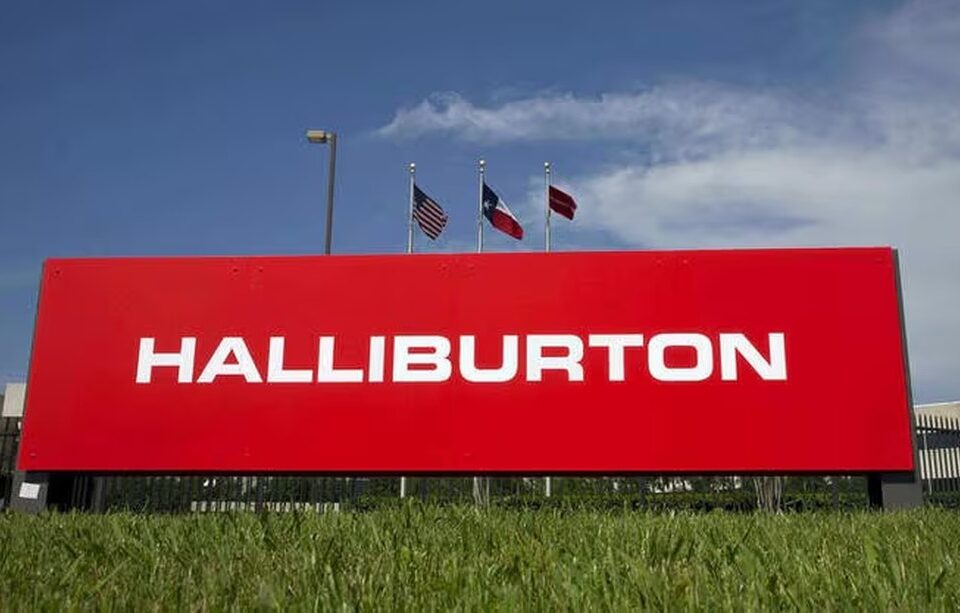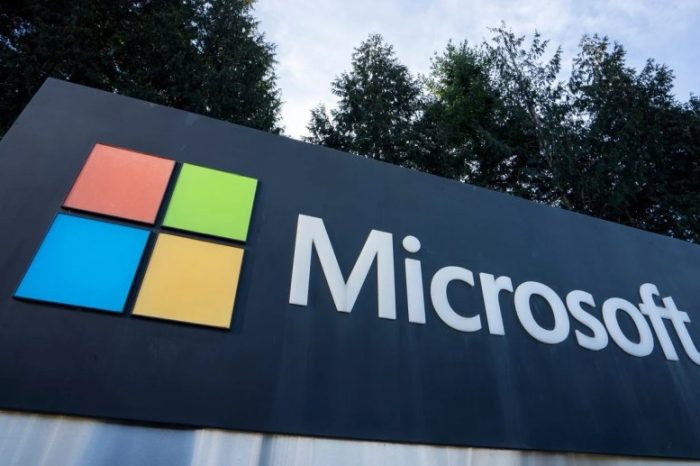Halliburton Hacked: US oilfield giant Halliburton hit by cyberattack, disrupting systems

US oilfield giant Halliburton has been hit in an apparent cyberattack that disrupted its systems at its North Houston campus. A source familiar with the situation told Reuters that the breach was significant enough for the company to advise some employees against connecting to internal networks.
Halliburton said it was aware of the issue affecting certain systems and is investigating its cause and impact. Although details about the attack remain undisclosed, the company is working with “leading external experts” to address the problem, a company spokesperson said.
“The attack appeared to impact business operations at the company’s north Houston campus, as well as some global connectivity networks, the person said, who declined to be identified because they were not authorized to speak on the record,” Reuters reported.
As one of the largest oilfield services firms globally, Halliburton provides drilling services and equipment to major energy producers. With nearly 48,000 employees and operations in over 70 countries, it is a significant player in the industry.
Halliburton’s incident highlights a broader trend of cyberattacks targeting major U.S. and international companies. Many of these attacks involve ransomware, which encrypts company data and demands payment for its release. Companies that do not pay risk data loss or the public release of sensitive documents.
In 2023, ransomware attacks cost companies around $1.1 billion, a figure expected to rise sharply to over $200 billion annually by the end of the decade. Ransomware hackers often demand amounts companies can afford and are rarely apprehended.
The energy sector has been particularly vulnerable to cyberattacks. In 2021, the Colonial Pipeline was hit by ransomware, leading to a major fuel supply disruption, price spikes, and fuel shortages. The FBI attributed the attack to the DarkSide group.
Other major U.S. companies have also faced ransomware attacks, including UnitedHealth Group, MGM Resorts International, Caesars Entertainment, and Clorox.
While details about the Halliburton attack are still emerging, ransomware typically works by encrypting data and demanding cryptocurrency payments, which can range from hundreds of thousands to millions of dollars. Hackers may also threaten to leak confidential data to increase pressure on victims.




